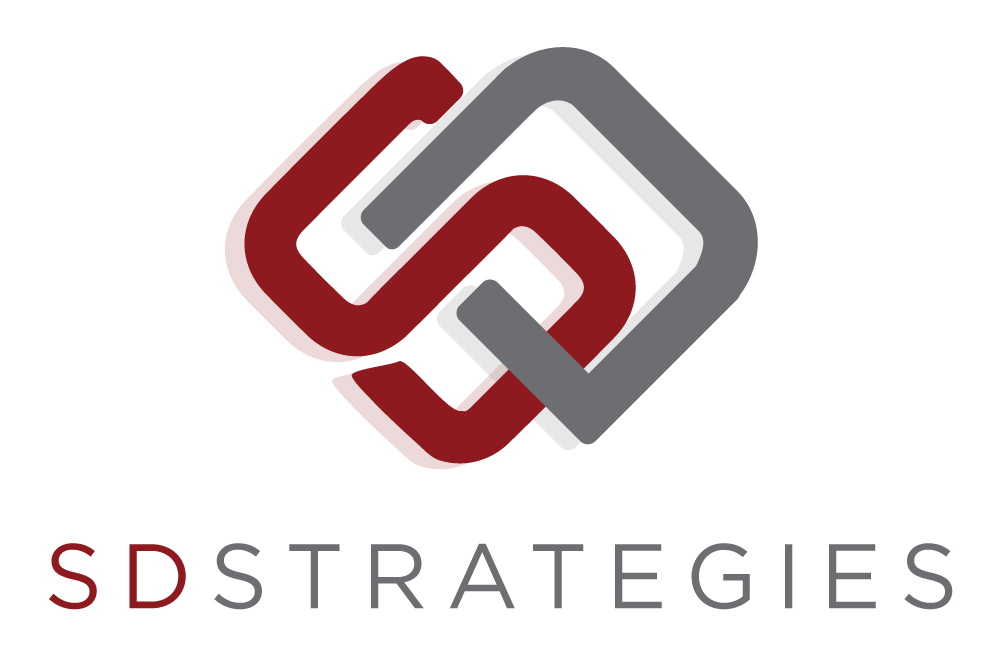Connections between Climate Change and Trafficking
As highlighted by a confronting article in the Guardian, climate change is driving vulnerable people living in areas impacted by extreme weather events into the arms of human traffickers. In this blog post we provide some insights for Australian Modern Slavery Reporting Entities.
The Issue
The article outlines the immense personal and social impact on poor communities in West Bengal (south of Kolkata, India) resulting from increasingly extreme and more frequent cyclones that destroy livelihoods and push people deeper into poverty. It describes how human traffickers - often violent criminal gangs - opportunistically prey on vulnerable girls and young or poorly educated women, enticing them with jobs, marriage or better living standards. The victims find themselves subjected to extreme violence and trapped in commercial sexual trafficking/slavery, forced labour or forced marriage. If victims are able to escape, they often return to humiliation, are shunned by their relatives and neighbours. The road to justice, if they are brave enough to press charges, is long - up to ten years - and unlikely, as conviction rates for sex traffickers hover below 2%.
Insights for Australian Modern Slavery Reporting Entities
Gender-based crimes such as sex trafficking, forced marriage and domestic servitude are generally the focus of local or national crime authorities and mostly outside the remit of businesses to assess and address. However, Australian businesses with international operations (or suppliers located in areas vulnerable to the impacts of climate change) need to monitor how extreme weather events may affect their in-country workforce as well as vulnerable workers in their supply chains.
This is critical where base skilled labour is used, such as during development or construction projects (including where local land councils or land cooperatives are used), or where recruitment or migration agents source workers. Engagement of authorities, independent worker organisations or, as illustrated in the article, local NGOs, provides project managers and supply chain leads with 'eyes on the ground' and ensures worker protections that effectively manage risks of modern slavery and human trafficking are in place and verified.
Regardless of your business, gender-based crimes such as sex trafficking and forced marriage are universal breaches of human rights that must be eradicated.
Click here to read the full article

